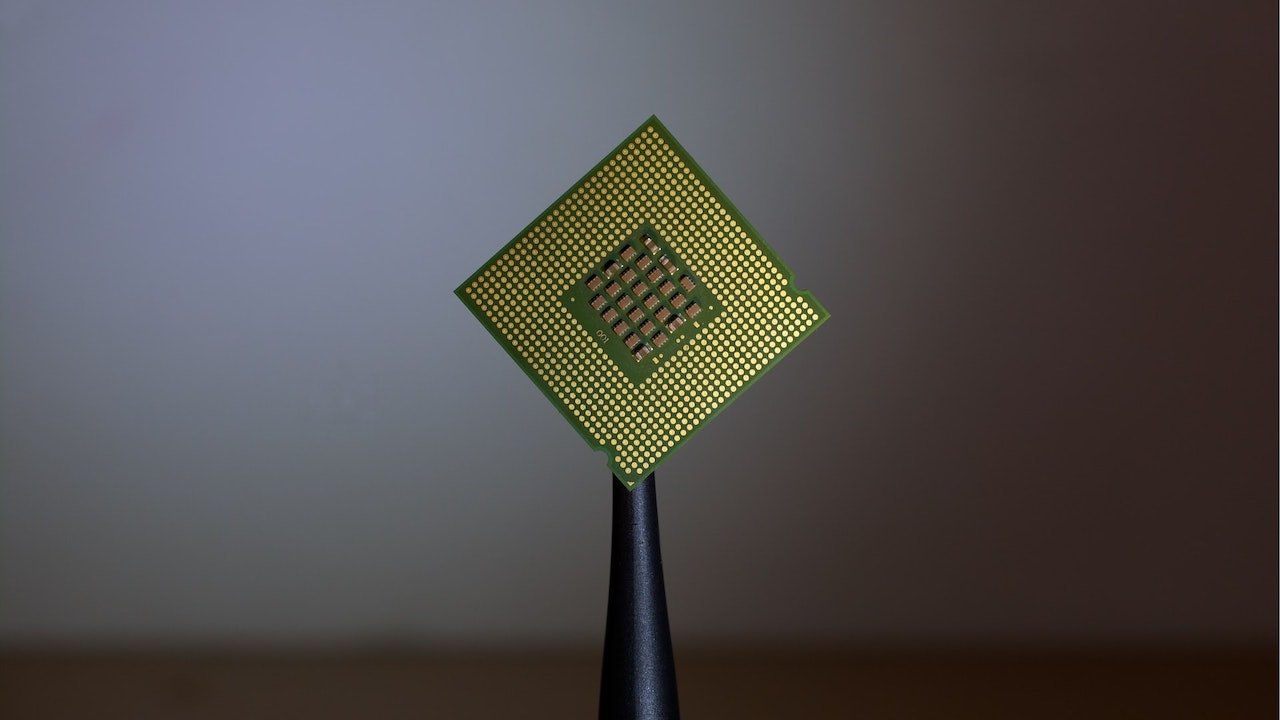Skilled labor shortages could be the next big chip supply problem
Amid global labor shortages, the world's largest chipmakers are currently fighting for skilled talent to staff semiconductor production facilities and address chip constraints.

Global chipmakers face labor shortages. Credit: Brian Kostiuk/Unsplash
Global chipmakers are increasingly worried about a dwindling supply of skilled workers -- a problem that has been exacerbated by broader labor shortages, an uptick in demand for electronics, and a race among governments to bolster chip making capabilities, The Wall Street Journal reported Sunday.
One chip executive told the publication that the industry is currently "in a war for talent."
Although chipmaking facilities are highly automated, they still require skilled workers to operate the high-tech equipment uses in the semiconductor manufacturing process.
Chipmakers are ramping up their fabrication footprints because of global chip supply issues. Intel, Taiwan Semiconductor Manufacturing Co., Samsung, and other chip companies have all pledged major expansion plans.
However, this boost in production capabilities requires skilled labor. In the U.S., for example, the industry will need to add 70,000 to 90,000 silicon workers by 2025 to meet the anticipated expansion.
According to 104 Job Bank, the recruitment gap is at its highest level in more than six years in Taiwan -- a global chipmaking powerhouse.
As a result, chipmakers say they are "stepping up [their] game" in attracting talent. That strategy includes higher wages, bolstered recruitment functions, and deepening ties with universities. However, interest in chipmaking has declined, with many college students preferring to find jobs in software or internet services.
A lack of highly skilled technicians in Taiwan could threaten the country's standing as the forefront of semiconductor production. In the U.S., chipmakers have lobbied lawmakers to allow them to hire candidates from abroad.
China is also expanding its chipmaking capabilities. The country's silicon labor force nearly doubled in the past five years. However, China had a shortage of around 250,000 engineers in 2020.
Read on AppleInsider
Global chipmakers face labor shortages. Credit: Brian Kostiuk/Unsplash
Global chipmakers are increasingly worried about a dwindling supply of skilled workers -- a problem that has been exacerbated by broader labor shortages, an uptick in demand for electronics, and a race among governments to bolster chip making capabilities, The Wall Street Journal reported Sunday.
One chip executive told the publication that the industry is currently "in a war for talent."
Although chipmaking facilities are highly automated, they still require skilled workers to operate the high-tech equipment uses in the semiconductor manufacturing process.
Chipmakers are ramping up their fabrication footprints because of global chip supply issues. Intel, Taiwan Semiconductor Manufacturing Co., Samsung, and other chip companies have all pledged major expansion plans.
However, this boost in production capabilities requires skilled labor. In the U.S., for example, the industry will need to add 70,000 to 90,000 silicon workers by 2025 to meet the anticipated expansion.
According to 104 Job Bank, the recruitment gap is at its highest level in more than six years in Taiwan -- a global chipmaking powerhouse.
As a result, chipmakers say they are "stepping up [their] game" in attracting talent. That strategy includes higher wages, bolstered recruitment functions, and deepening ties with universities. However, interest in chipmaking has declined, with many college students preferring to find jobs in software or internet services.
A lack of highly skilled technicians in Taiwan could threaten the country's standing as the forefront of semiconductor production. In the U.S., chipmakers have lobbied lawmakers to allow them to hire candidates from abroad.
China is also expanding its chipmaking capabilities. The country's silicon labor force nearly doubled in the past five years. However, China had a shortage of around 250,000 engineers in 2020.
Read on AppleInsider

Comments
What's really cool is the program also offers early enrollment and dual credit for people still in high school. Spend half your day at the high school, half your day at the college, and you have around 20 hours of college EE credit when you graduate high school.